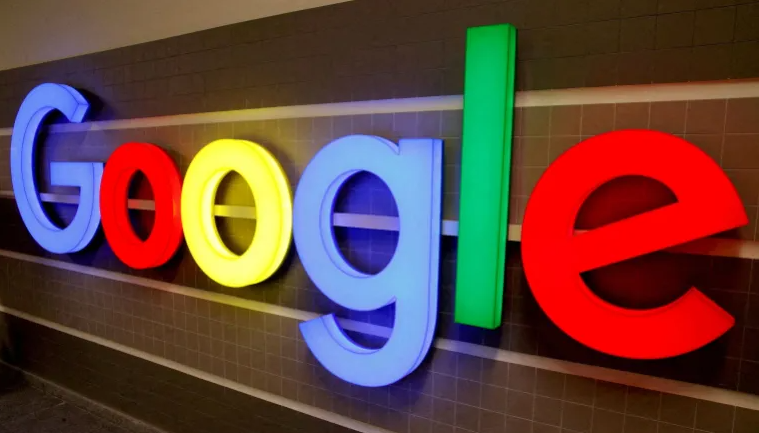
Quantum computers possess immense capabilities to tackle today’s challenges. For instance, Google recently published research on how quantum computers can accelerate drug development, design new battery materials, or work on engineering more efficient nuclear fusion reactors.
However, all the quantum algorithms presented in the research were merely in the context of abstract mathematical problems, and little work has been done to test these algorithms in real-world scenarios.
Therefore, the organizers of the competition aim to shed light on evaluating the effectiveness of quantum computing in real life and what problems can be addressed with this modern technology.
Computing Revolution
Quantum computing, in essence, is one of the fields of computer science that explores the principles and applications of quantum mechanics to perform computational operations. Unlike classical computers that process information using bits representing either 0 or 1, quantum computers utilize quantum bits, or qubits, which can exist in multiple states simultaneously due to a phenomenon called “quantum superposition.”
This feature allows quantum computers to perform many computational operations at once, potentially leading to much faster processing speeds for certain types of problems.
Additionally, quantum computers can leverage another quantum phenomenon called “quantum entanglement,” where the state of one qubit is linked to the state of another, enabling complex operations to be performed more efficiently and quickly.
Leave a Reply